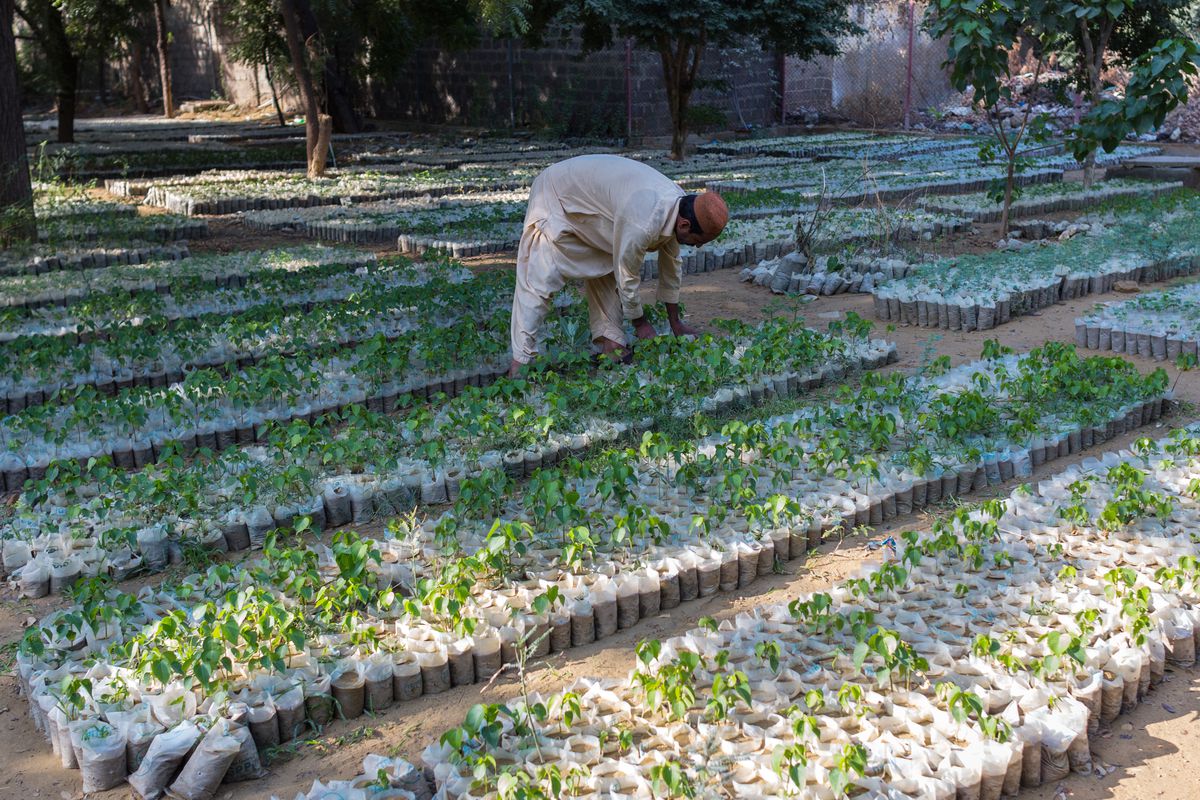Planting trees is often heralded as a crucial strategy in combating climate change, as they absorb carbon dioxide and contribute to restoring degraded landscapes. However, a recent study highlights the critical importance of planting trees in the right places to effectively mitigate global warming.
The initiative to plant billions of trees worldwide as a defense against climate change is widespread among many countries. However, not all tree planting efforts yield the same benefits for the planet, as revealed by this study.
The study, published in the journal Nature Communications, underscores the complex relationship between tree planting and global warming. While trees absorb carbon dioxide, increasing forest cover can inadvertently lead to a reduction in the amount of sunlight reflected from the Earth’s surface, resulting in more heat being absorbed by the planet.
Susan Cook-Patton, one of the co-authors of the study, explained that the challenge lies in understanding and accounting for these factors accurately. Previous efforts to restore tree cover did not fully consider the impact on albedo—the reflection of solar radiation—resulting in overestimations of the climate benefits of tree planting.
By utilizing new maps that incorporate both the cooling effect of trees and the warming caused by changes in albedo, researchers can now better identify optimal locations for tree planting projects. These maps offer policymakers valuable insights to allocate resources effectively for maximum climate impact.
Albedo, which is highest in frozen regions, plays a significant role in cooling the Earth’s surface by reflecting solar energy. However, in warmer regions such as tropical environments like the Amazon and Congo Basin, the benefits of restoring forest cover outweigh the changes in albedo.
Conversely, in temperate grasslands and savannas, the impact of reduced albedo outweighs the cooling effect of tree planting. Even in favorable locations, tree planting projects may deliver less cooling than initially estimated when considering changes in albedo.
Despite these complexities, Cook-Patton emphasized the undeniable benefits of restoring forests, including ecosystem support, clean air, and water provision. However, she cautioned against indiscriminate tree planting, stressing the importance of maximizing climate impact per unit of investment.




















